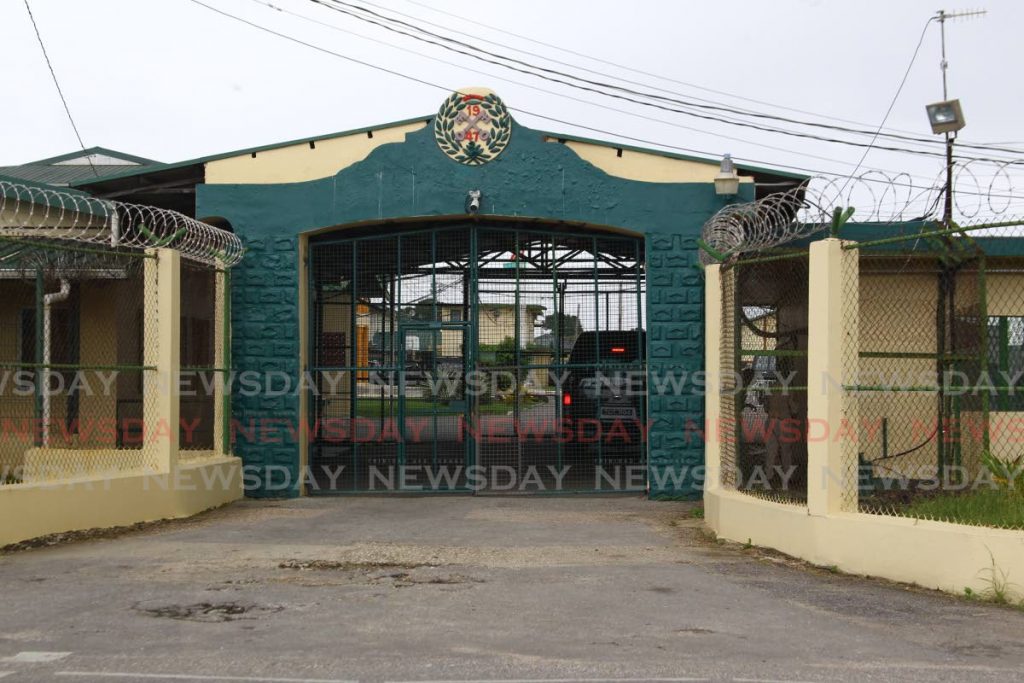Ex-prisoners to be compensated for 29 extra months in jail

TWO ex-prisoners will get compensation for an error by the Court of Appeal which led to their spending longer in prison than they should have done.
In a decision delivered on Monday, the Judicial Committee of the Privy Council, in allowing the appeals of Kelvin Duncan and Ramdath Jokhan, held there was a violation of their right under section 4(a) of the Constitution to life, liberty and security of the person and not to be deprived except by due process.
Their claims for monetary compensation for the breaches were sent back to the High Court for assessment.
The privy counsellors – Lords Brings, Sales, Hamblen, Leggatt and Lady Arden – were asked to determine if the Court of Appeal made an error in not backdating their sentences when they were partly successful in appealing their criminal convictions.
They were each sentenced on June 4, 1999 to 15 years; imprisonment for housebreaking, larceny, and misbehaviour in public office.
In 2001, the Court of Appeal quashed their convictions for housebreaking and larceny but affirmed their sentences.
It was argued before the Privy Council that the Court of Appeal failed to consider, as it was required, whether their sentence should be backdated to the date of their conviction, instead of starting to run from the date of the appeal.
As a result of this failure, the two served 29 months longer in prison than the sentences passed on them permitted or required.
In March 2011, they filed a constitutional motion claim seeking declaratory relief and compensation. The High Court rejected the claim in 2013 and the Court of Appeal in 2017
They then appealed to the Privy Council, which ruled in their favour, ordering that they receive compensation.
Lord Sales noted that under Section 49(1) of the Supreme Court of Judicature Act, the general rule was, where a person convicted of a criminal offence appeals against sentence and conviction and is unsuccessful, the time spent in prison awaiting their appeal does not count towards their sentence.
However, that section gives the Court of Appeal the discretion to direct that credit should be given for that period in prison when calculating the remaining time to be served.
“In the present case it is common ground that the Court of Appeal failed to consider the exercise of its discretion under section 49(1) as it should have done,” Sales said.
“…The appellants’ appeals were not frivolous or vexatious and there was no proper ground on which they should have been penalised for bringing them by a loss of time direction given by the Court of Appeal,” he added.
He also said if the Court of Appeal had considered whether to exercise its direction, it would have been obliged to direct that the time the two spent in prison between their appeal and the decision of the court, some 29 months later, should have counted towards their sentence.
“The effect of such a direction would have been that the expiry of the appellants’ sentences was calculated as from the date they were imposed by the trial judge.”
In that case, and with due allowance for reduction of sentence for good behaviour, Sales said, they would have been released on June 4, 2009, and not November 30, 2011.
By contrast, under the approach adopted by the Court of Appeal, the appellants’ due date of release was postponed to 2011.
On the response by the Attorney General when they sent their pre-action protocol letters before filing their constitutional motion, Sales pointed out that the State had been put on notice of their continued “unjustified” detention.
He said the AG was required to take action to protect the interests of the two men.
While accepting that the AG was not obliged to accept the two were entitled to all the reliefs they sought in their motion, Sales said, “However, they also clearly asked the Attorney General to agree to their immediate release, and this should have been done.
"It would have been a simple matter for a constitutional motion to have been prepared for an order for release, supported by the Attorney General, which would have secured the prompt release of the appellants.”
He said where a person was detained and should not be, they should be able to vindicate their right to liberty and security of the person by seeking immediate release pursuant to a constitutional motion based on sections 4(a) and 14 of the Constitution.
“The protection of liberty and the security of the person by law is, by long tradition, recognised as a fundamental value in the common law and this is reflected in the Constitution,” Sales added.
The men were represented by attorneys Anand Beharrylal, QC, Tom Poole, Siȃn McGibbon, Joshua Hitchins and Kenneth Thompson, instructed by Alvin Pariagsingh.
The State was represented by attorney Tom Poole, instructed by Charles Russell Speechlys LLP of London.

Comments
"Ex-prisoners to be compensated for 29 extra months in jail"